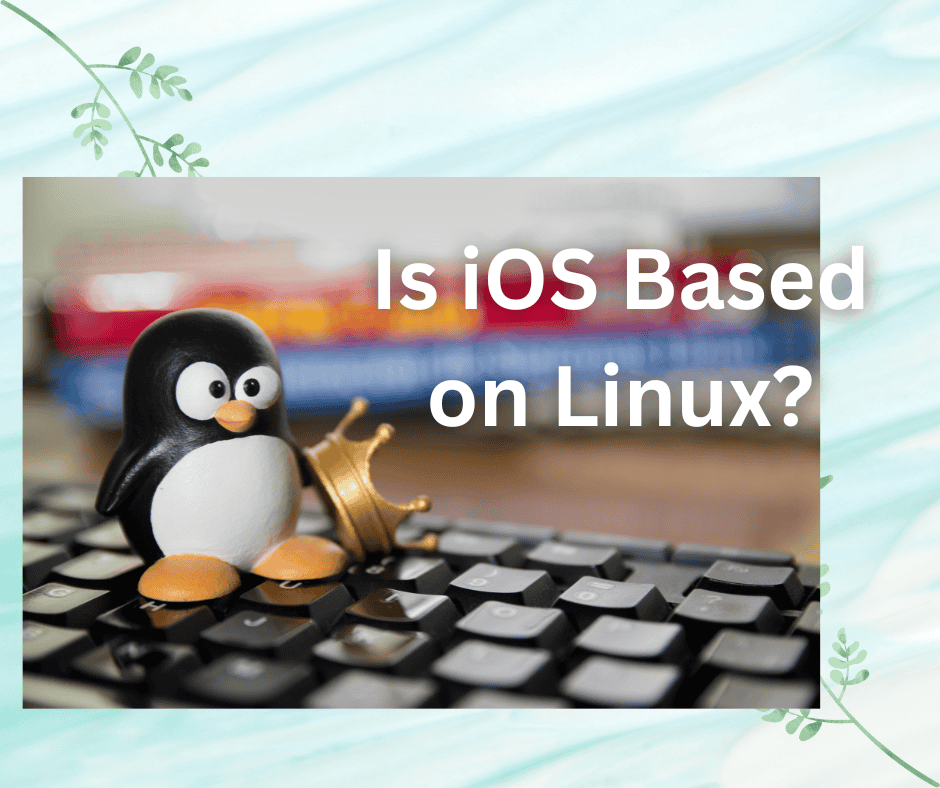Is iOS based on Linux?
This is a question that many users, beginner and advanced, wonder about. Before we explain the differences, it’s helpful to dive into a few facts about iOS and its main competitor, the Android operating system.
Over the past few years, we have seen how mobile technology has become part of our everyday lives. While many mobile companies exist, the two major mobile phone operating systems currently are Android and iOS.
Android was created by Google and is one of the most commonly used mobile operating systems.
On the other hand, iOS is a proprietary mobile operating system developed by Apple for its handheld devices. It is the most popular smartphone operating system in the United States, and second to Android globally.
Is iOS Based on Linux? Answered
The current iOS system originates from Berkely Unix (BSD) and OS X. Even though both Linux and iOS share some similar lines of code, they are not the same – and also the primary reason you cannot run native Apple mobile apps on just any Android device.
One of the main things differentiating iOS from Linux is the operating system’s core.
Linux uses a kernel as the core of most Unix-like operating systems available that you will come across nowadays.
The kernel is responsible for crucial functions of the operating system, i.e., the network, file, memory, device, and process management. In contrast, iOS uses a BSD UNIX kernel derived from OS X and runs adjacent to a micro-kernel known as the Mach.
Differences Between iOS and Linux
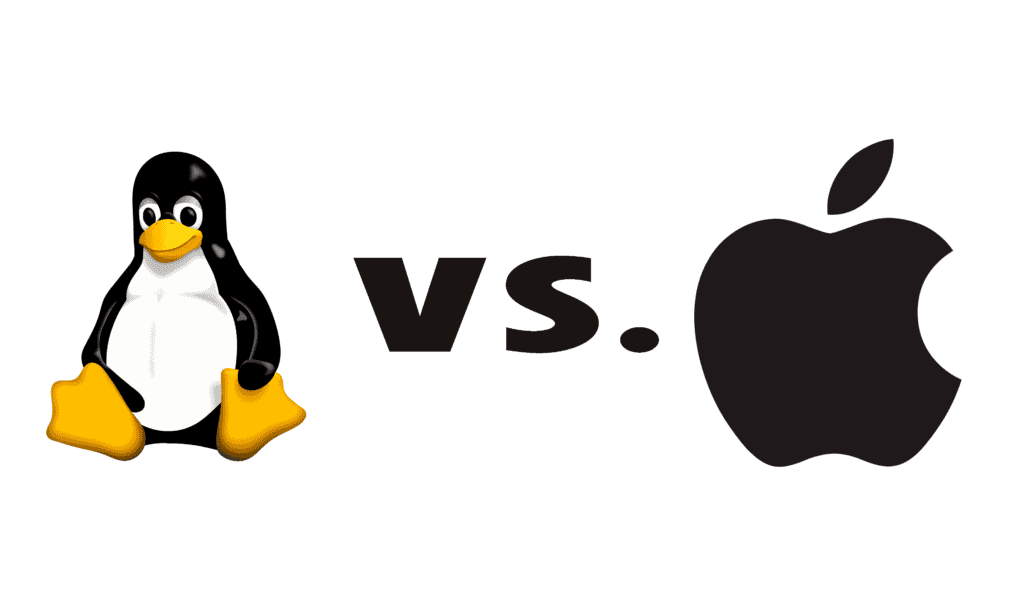
Now that we’ve explained the main difference between Linux and iOS, here is more information about both operating systems to help you better understand what separates them:
iOS
Development
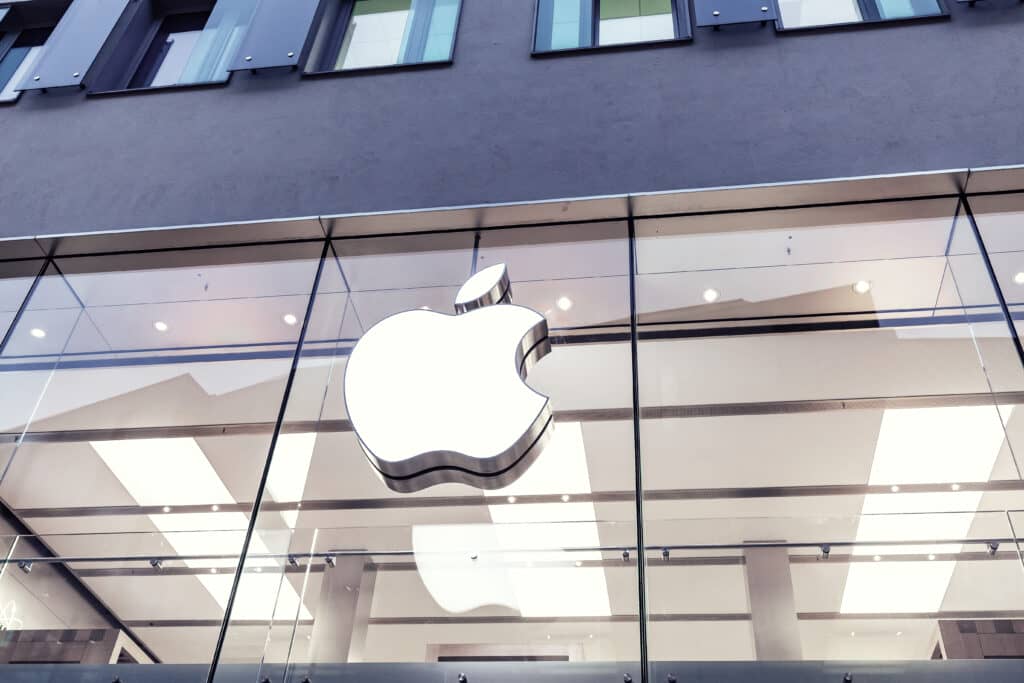
A well-known fact about the operating system is that the developer is Apple. The initial version of this mobile operating system became available in 2007, and the OS first appeared on the market during the launch of the first iPhone.
In 2008, a year after launching iOS, the iPhone software development kit (SDK) was launched by Apple. The SDK gives mobile app developers a way to create native applications for the Apple platform.
Functionality
The hybrid kernel used by iOS has GNU GPL, APSL hand proprietary licenses. iOS does not support the installation or running of any non-native applications or APIs.
There are only two native APIs that cannot run on iOS: BSD-POSIX and Cocoa. It includes a software update system for users to upgrade the mobile operating system.
Programming
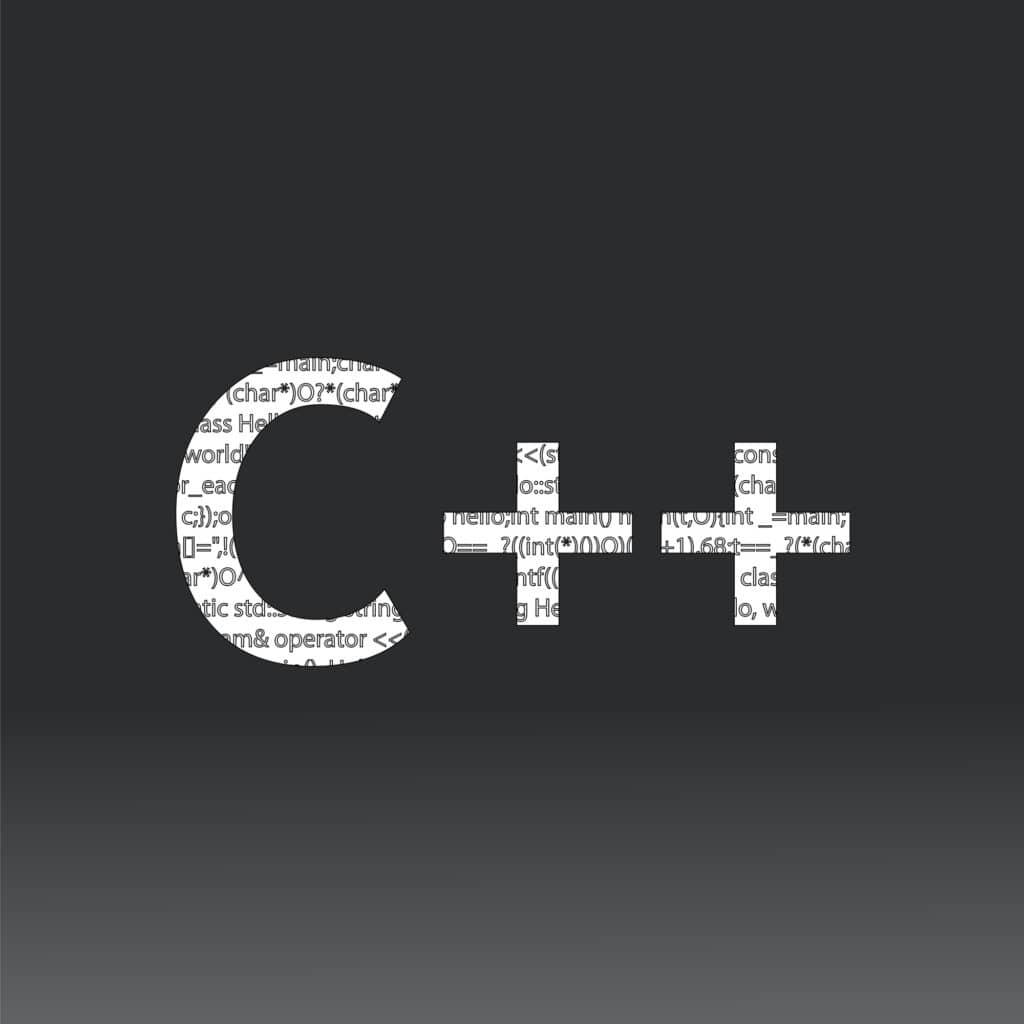
The primary programming languages used for iOS are C, Swift, Objective-C, Assembly Language, and C++.
It is the operating system for Apple’s mobile and handheld devices like the iPod Touch and iPhone. iOS is the second-largest mobile operating system globally, after Android.
All of Apple’s operating systems, including iOS, originate from Darwin. The Darwin code that Apple uses combines various free projects, Mach, and BSDs (FreeBSD, Open BSD, NetBSD, and others).
Design
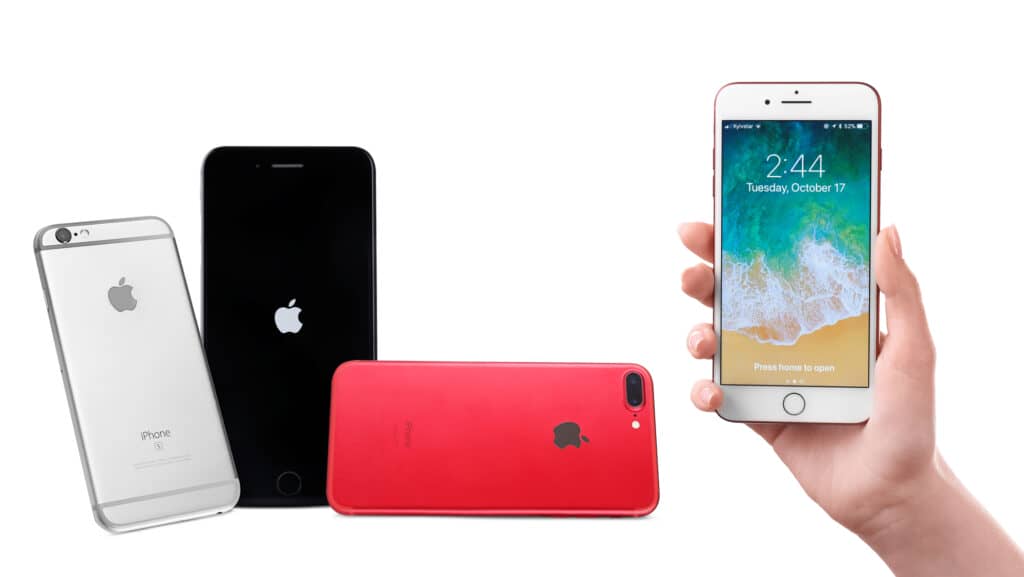
Although Darwin’s core operating system functions are similar to Linux, it has a distinct feature, a touch-oriented user interface. Apple has optimized the interface of iOS and tweaked it to work perfectly for its mobile devices.
Since iOS 1’s release in 2007, the operating system has seen many iterations, with iOS 2 and iOS 3 being released in 2008 and 2009, respectively.
OS X was modified and became iOS 4 before its introduction. However, the design of the current iOS mobile operating system began with the release of iOS 7.
Since then, Apple has released updates and made changes to the operating system to match the technological and user requirements. The current version of the mobile operating system is iOS 16.
Advantages of iOS
- Localization: The operating system is available in more than 20 languages, making it easy for users to operate it in their native languages.
- Multitasking: Users can easily and seamlessly multitask on iOS devices.
- Maintenance: iOS is easy to maintain since the devices come with an inbuilt software update feature. The excellent troubleshooting features are helpful for app developers when maintaining their iOS apps.
- Security: Security is very important for any operating system, and that’s why iOS comes with security blocks. These security blocks protect the operating system and user information from invasions from any third parties.
They also enable the operating system to prevent glitches caused by unrecognized websites and data entries.
- Touch-Friendly: The iOS mobile operating system is touch-friendly, thanks to the Darwin core. It makes the operating system suitable for mobile and handheld devices that require touch capabilities.
Disadvantages of iOS
- Not Open Source: Unlike the Linux and Android operating systems, iOS is not open to user modifications, which contributes to the expensive cost of iOS devices.
- Battery Life: Despite the many upgrades of iOS, devices using this operating system have a lower battery lifespan when compared with mobile devices using other operating systems.
Linux
Development

Linux is an operating system that has established itself as a leader in the open-source OS market. Linus Torvalds created the first version of the operating system in 1991.
One of the primary reasons behind the creation of this operating system was the expensive cost of the Unix operating system at the time.
Linux is a combination of different open-source Unix-like operating systems, and it was designed to be similar and distinguishable from the Unix operating system.
Over the years, many other versions of operating systems have been based on Linux, including Ubuntu, Debian, and Fedora.
Programming

The main languages used in creating Linux are the C language and Assembly language. A monolithic kernel forms the basis of the Linux operating system.
It is mainly suitable for mainframes and supercomputers, personal computers, cloud computing, mobile devices, music players, and embedded systems.
Functionality
The Linux operating system has GNU GPLV2 and LINUX/POSIX licenses for kernel and native API. Unlike iOS, Linux supports non-native APIs, including Java, Win32, Win16, and Mono.
Updates to the operating system are available through a distribution system.
Advantages of Linux
- Open Source Operating System: Since Linux is an open-source operating system, it allows users to customize it to meet their needs.
- Less Resource Intensive: Linux uses fewer hardware and software resources from the computer, making the operating system run swiftly and seamlessly.
Plus, it leaves enough room for any other software programs the user might want to install.
- Free: Because the operating system is open-source, it is free of charge.
- Security: The Linux operating system has minimum components and bloatware dissimilar to other operating systems because of its architecture.
- Troubleshooting: The operating system comes with a manual search method that is helpful and assists users in troubleshooting any issues they might be having. They can resolve any operating system issues they might be facing without technical assistance.
Disadvantages of Linux
- Legacy support: The operating system does not support old hardware since no driver updates are available.
- Not for gamers: The collection of games available for Linux users is minimal in comparison to Mac OS for Windows users.
Final Thoughts
Is iOS based on Linux? No, it’s not!
Even though some lines of code might be similar between the two operating systems, the iOS operating system is not based on Linux. The two operating systems have distinct differences that make each one absolutely unique.
